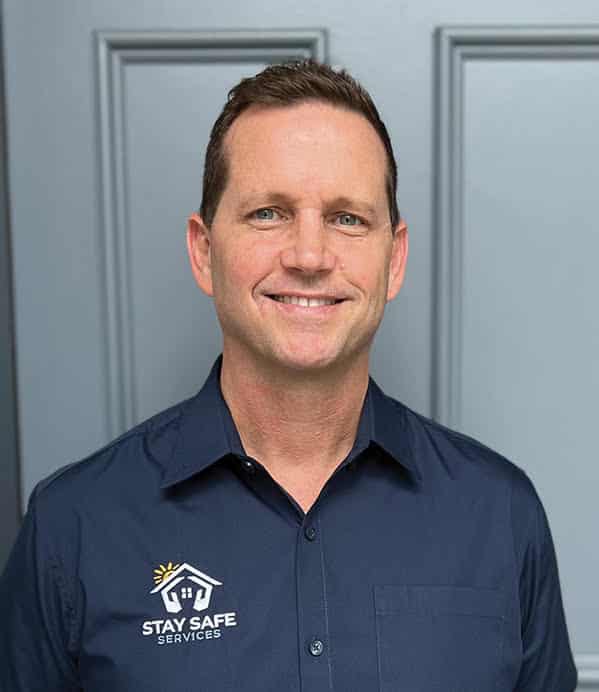I was a police officer when I had my first set of seizures. I went on to work an additional 18 years before retiring as a major. I became a board member with EFOF (Epilepsy Foundation of Florida). During that time I gave presentations and met with officials in state government. Last year, I had a major seizure. I’m still trying to work. My company, Stay Safe Services, helps ensure people can live safely in their homes.





